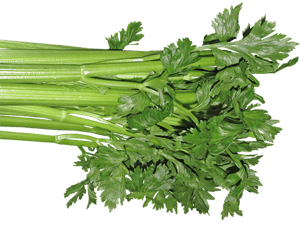Can dogs eat strawberries? It’s among the most common question regarding dog’s food. If you don’t have enough time to read further, the straight answer is YES. Dogs can eat strawberries in moderation and it’s safe for them.
Actually, strawberries can be a healthy and tasty treat for your dogs. However, it’s essential to feed them in moderation and to wash them thoroughly before feeding them to your dog.
If your dog shows any adverse reactions to strawberries, such as an upset stomach or allergic reaction, stop feeding them to your dog immediately and consult with your veterinarian.

Can Dogs Eat Strawberries?
The short answer to the question of whether can dogs eat strawberries or not is YES, dogs can eat strawberries. In fact, strawberries can be a healthy and nutritious treat for dogs, but there are a few things to keep in mind before feeding them to your furry friend.
Strawberries are low in calories and high in fiber, making them an excellent choice for dogs that need to lose weight or maintain a healthy weight. They are also rich in vitamins C, K, and B6, as well as minerals such as potassium, magnesium, and manganese. All of these nutrients are essential for your dog’s overall health and well-being.
However, while strawberries can be a healthy and tasty treat for dogs, they should only be given in moderation. Feeding your dog too many strawberries can lead to an upset stomach, diarrhea, and other digestive problems. Some dogs may be allergic to strawberries, so it’s essential to monitor your dog’s reaction to them carefully.
Another thing to keep in mind is that you should only feed your dog fresh strawberries. Avoid feeding your dog canned strawberries or strawberries that have been sweetened with sugar, as these can contain high amounts of added sugar and preservatives that can be harmful to your dog’s health.

When feeding your dog strawberries, it’s essential to wash them thoroughly to remove any dirt or pesticides that may be present. Cut the strawberries into small pieces to make it easier for your dog to chew and digest them. Remember to remove the stems and leaves from the strawberries before feeding them to your dog, as they can be a choking hazard.
If your dog has never eaten strawberries before, it’s best to introduce them gradually. Start by feeding your dog a small piece of strawberry and monitor their reaction for any signs of an allergic reaction or digestive upset. If your dog shows no adverse reactions, you can gradually increase the amount of strawberries you give them.






